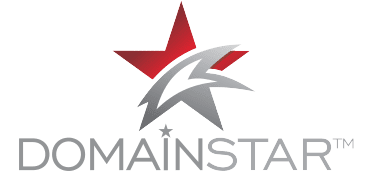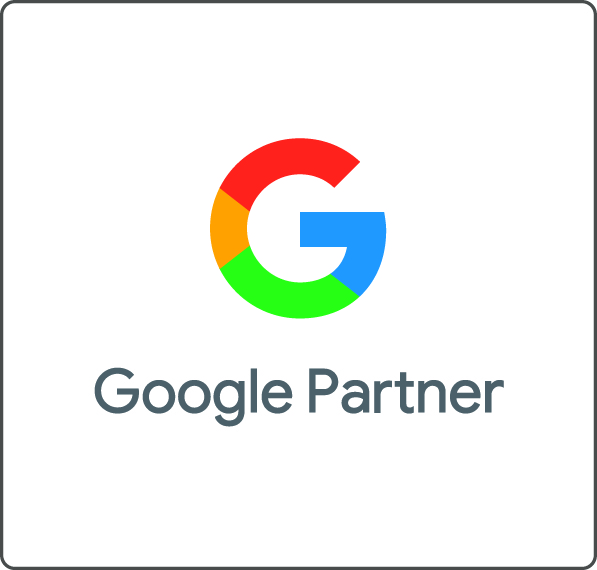Search intent is the reason why someone makes a search query on a search engine such as Google or Bing. Search intent should not be confused with keyword, as keyword is what the user types in the search box while search intent is the reason why he’s making this query.
In this article, I am going to lay out what search intent is, what the different types of search intent are and how to determine it.
What is Search Intent?
Search intent is a term used in the field of search engine optimisation (SEO) to describe the reason(s) why users enter a certain keyword query into a search engine.
For the sake of an example, let’s say that someone searches for ‘Best SEO Agencies in Cyprus’ on Google.
This implies that they are not trying to navigate to a specific page, nor do they want to buy a specific product. They want to perform the research before deciding to make the purchase.
This means that the keyword falls in the ‘commercial intent’ category and we can utilise this to edit our content in order to target this keyword more effectively.
The 4 types of Search Intent
There are 4 types of search intent:
Navigational Search Intent – When a user is searching for a specific page (e.g “Domainstar Agency”)
Informational Search Intent – When a user wants to learn more about a subject (e.g “how can SEO help my business increase sales”)
Commercial Search Intent – When a user wants to perform a research prior to purchasing (e.g “Best SEO Agencies in Cyprus”)
Transactional Search Intent – When a user wants to perform a specific action, mainly purchase (e.g “DomainStar Pricing Plans”)
How to determine search intent
Search intent is very much aligned with where the user is currently located within the marketing funnel.
There are 3 main stages:
Awareness – The user will search for informational keywords (e.g “How to perform SEO on my WordPress website”)
Consideration – The user will search for commercial keywords (e.g “Best SEO Agencies in Cyprus”)
Conversion – The user will search for transactional or navigational keywords (e.g “DomainStar pricing plans”)
This is the reason why search intent is crucial in any SEO content strategy. Understanding where the user is currently will enable you to determine the search intent.
Understanding the search intent of your target audience will better enable you to create content that is targeted towards that intent. This increases the chances of gabbing and converting the user to real time client.
Improved Search Intent Optimization allows you to surface your pages for specific queries that users are looking for on Google. The more relevant and qualified traffic to your website, the more visitors you’ll have. So, what are you waiting for? Let us help!
At DomainStar, we can help you create a Keyword research report for your SEO needs and implement it in order to achieve the desired outcomes.
FAQs - Frequently Asked Questions
Keyword search intent refers to the underlying motive or goal behind a user’s search query. It is the reason why a user is searching for a particular keyword or phrase. Understanding keyword search intent is important for businesses and marketers because it can help them create content that meets the needs of their target audience and improves their chances of ranking higher in search results.
There are generally four types of keyword search intent:
- Informational intent: The user is looking for information on a particular topic. They may be seeking answers to a question, researching a particular subject, or looking for a definition.
- Navigational intent: The user is looking for a particular website or web page. They may be searching for a specific brand, product, or service.
- Commercial intent: The user is looking to make a purchase or engage in a transaction. They may be searching for reviews, comparisons, or prices of a particular product or service.
- Transactional intent: The user is ready to make a purchase or engage in a transaction. They may be searching for a specific product or service, or looking to buy something online.
Search intent is important for SEO because it helps businesses and marketers create content that meets the needs of their target audience and improves their chances of ranking higher in search results. By understanding the intent behind a user’s search query, businesses can create content that matches that intent and delivers the most relevant results to the user.





